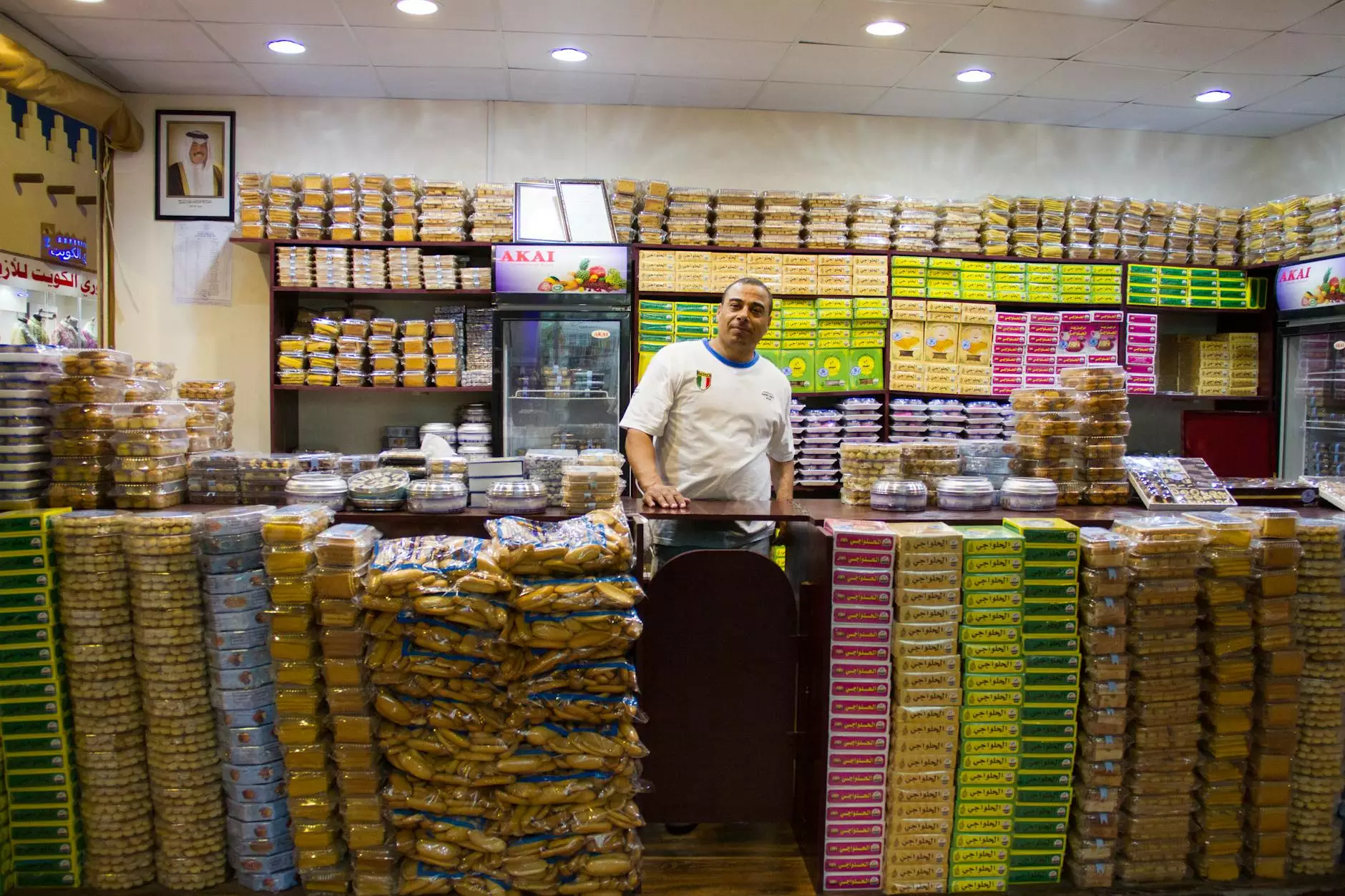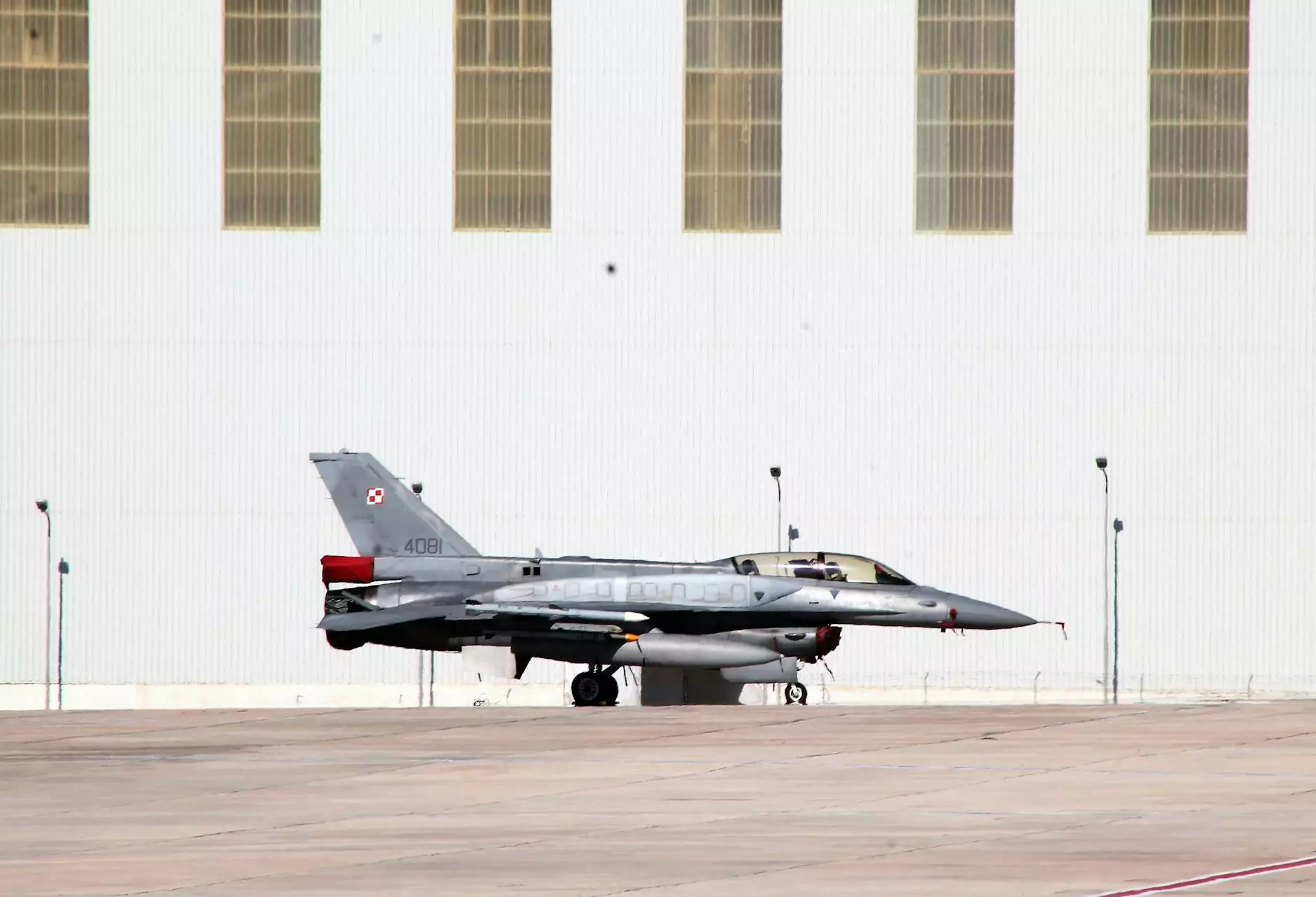The Growing Demand for Halal Frozen Chicken

Halal frozen chicken has emerged as a significant product in the global meat industry, catering to a diverse customer base that demands quality, ethics, and compliance with religious standards. As awareness surrounding halal practices grows, so does the market for halal products, including frozen poultry.
Understanding Halal Certification
Halal, an Arabic term meaning 'permissible,' refers to what is allowed under Islamic law. The certification process encompasses strict guidelines not just during the slaughtering of the animal but extends to the entire supply chain, including processing, packaging, and distribution. By adhering to these rigorous standards, suppliers can ensure that their products, particularly halal frozen chicken, meet the expectations of consumers concerned with religious compliance.
The Significance of Frozen Chicken in Today's Market
Frozen chicken is not merely a convenience; it represents a smart choice for many businesses and consumers alike. It provides longer shelf life, maintains quality, and reduces waste. The freezing process locks in flavor and freshness, making it a popular option for restaurants, retailers, and households. This trend is particularly pronounced in markets with a high demand for halal frozen chicken.
Benefits of Halal Frozen Chicken
- Quality Assurance: Halal certifications ensure that the meat is sourced from healthy animals and handled properly throughout processing.
- Ethical Practices: Consumers are increasingly concerned with ethical sourcing of food. Halal practices promote humane treatment of animals.
- Health Benefits: Frozen chicken is often packed at the peak of freshness and can be a healthier alternative because it is less likely to harbor bacteria when stored properly.
- Diverse Culinary Uses: Chefs and home cooks can utilize halal frozen chicken in various dishes, from stews to grilled items, ensuring flavor and quality across diverse cuisines.
Brazil as a Major Player in the Frozen Chicken Market
When it comes to brazilian poultry exporters, Brazil stands at the forefront of the global poultry market. The country's expansive agricultural resources, its expertise in poultry farming, and its well-integrated supply chain make it a key player in exporting chicken, especially halal options.
Factors Contributing to Brazil's Success in Poultry Exports
- Climate and Geography: Brazil's favorable climate conditions allow for extensive poultry farming throughout the year, resulting in high-quality production.
- Advanced Technology: The use of modern technology in farming and processing facilities ensures efficiency and quality control in production.
- Diverse Product Range: Brazilian exporters offer a variety of poultry products, including whole chickens and cuts, catering to different markets around the world.
- Strong Global Demand: Numerous countries are seeking reliable suppliers of halal meat, positioning Brazil as a preferred choice due to its certification standards.
The Process of Halal Frozen Chicken Production
The process of producing halal frozen chicken includes several critical stages that ensure compliance with religious standards while maintaining quality throughout.
Steps in Halal Chicken Processing
- Halal Slaughter: Animals are slaughtered by a trained halal butcher, who ensures that the animals are treated humanely and the slaughter process follows Islamic law.
- Blood Removal: Post-slaughter, blood is carefully drained, as consumption of blood is prohibited in Islam.
- Processing: After slaughter, the chicken is processed in certified facilities, ensuring no cross-contamination with non-halal products.
- Packaging: The chicken is then packed in airtight packaging to preserve freshness and prevent contamination.
- Freezing: Finally, the chicken is rapidly frozen to lock in its quality, flavor, and nutritional value.
Trends in the Halal Frozen Chicken Market
The market for halal frozen chicken is experiencing notable growth, driven by changing consumer preferences, a burgeoning Muslim population, and the increasing interest of non-Muslim consumers in ethically sourced meat. Here are some trends influencing this growth:
Increasing Health Consciousness
Modern consumers are more health-conscious than ever. They seek out products that not only meet their dietary needs but also align with ethical considerations. Halal frozen chicken offers a balance of health and ethical practices that attract this demographic.
Globalization of Cuisine
The rise of global cuisine has propelled demand for diverse poultry options. As halal frozen chicken becomes more widely accepted, restaurants and foodservice operations are incorporating it into their menus to cater to a wider audience.
Sustainability and Ethical Sourcing
With increased awareness of sustainability issues, consumers prefer products that are sustainably sourced and ethically produced. This attention to sustainability aligns well with halal practices that promote humane treatment of animals.
Challenges Facing the Halal Frozen Chicken Industry
Despite its growth, the halal frozen chicken market faces several challenges that stakeholders must address:
- Regulatory Compliance: Navigating the various halal certification requirements across different countries can be complex and may pose a barrier for exporters.
- Competition: With many players entering the market, maintaining quality while being price competitive can be challenging.
- Awareness and Education: Many consumers are still not fully educated on the benefits and practices surrounding halal products, requiring targeted marketing efforts.
- Supply Chain Disruptions: Global events can disrupt supply chains, impacting availability and pricing of halal frozen chicken.
How to Source Halal Frozen Chicken?
For businesses looking to source halal frozen chicken, it is essential to partner with reputable suppliers. Here are some tips for sourcing:
- Verify Certification: Always ensure that the suppliers have valid halal certifications that comply with your country’s regulations.
- Quality Assurance: Request quality assurance processes to understand how the chicken is handled from farm to freezer.
- Understand Supply Chain: Gain insight into the suppliers' supply chain to evaluate their compliance with halal practices.
- Build Relationships: Establish a solid communication channel with suppliers to facilitate smooth transactions and expectations.
Conclusion
The future of halal frozen chicken looks promising as it continues to gain traction in both local and global markets. As consumers opt for healthier, ethically sourced options, the demand for halal products is set to rise. Brazilian poultry exporters are well-positioned to lead in this space, providing quality, certified products that meet the growing needs of a diverse customer base.
As awareness of the benefits of halal frozen chicken spreads, businesses and consumers alike stand to gain significantly. By understanding the significance of halal certification, the production process, and the market dynamics, stakeholders can make informed decisions that align with their values and meet customer demands.
Explore More with FrozenChickenGroup.com
For businesses seeking to order halal frozen chicken or explore partnerships with Brazilian poultry exporters, FrozenChickenGroup.com provides comprehensive information and support. Dive into our resources today!









